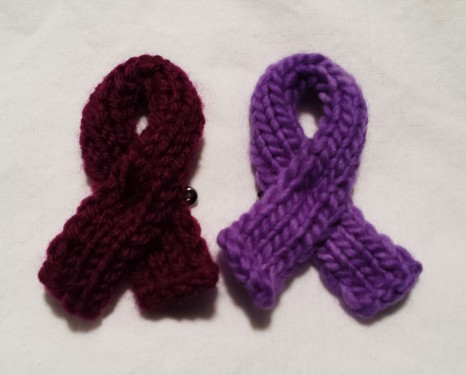Domestic Violence, Church Response, Action
-by Kathi
I am pausing our Sunday Gatherings for the rest of October. October is Domestic Violence Awareness month and I would like to take this time to talk about how the church can effectively respond to domestic violence.
What good is it, my brothers and sisters, if someone claims to have faith but has no deeds? Can such faith save them? Suppose a brother or a sister is without clothes and daily food. If one of you says to them, “Go in peace; keep warm and well fed,” but does nothing about their physical needs, what good is it? In the same way, faith by itself, if it is not accompanied by action, is dead. (James 2: 14 – 17)
Once the church becomes educated about domestic abuse, it should be compelled to step into action to help victims. Telling a victim that you will pray for her, and not offer any help, does her no good. Below are some ways that the church can actively help a victim of domestic violence.
Preach
Pastors, don’t think that domestic violence only happens outside of the church. Domestic violence knows no boundaries and it is best to assume that there may be a victim within your church walls. Start having the conversation now – staying silent about domestic violence does more harm than good. Not only should pastors preach against domestic violence, but educational opportunities should be sought through pre-marital counseling, youth groups, and men’s and women’s groups.
Call out the injustice of oppression of the weak. Call out the sin of violence within the home. Speak of the sin found in power and control. Offer healing to the broken-hearted and offer a voice to the wounded. Pastors, the more you preach about sin of domestic violence, the more you encourage victims to seek help and to heal.
Listen & Support
One of the best ways anyone can help a victim of domestic abuse is to listen. A victim may be hesitant to share about abuse happening in the home for fear of not being believed. Telling a victim that you believe her, and offering her a chance to tell her story, is essential in her ability to make decisions for her safety and for healing.
There are many reasons why victims choose not to leave their abuser. Don’t place judgement on the victim – continue listening. Not all abuse situations are the same. There are many dynamics to abuse and the more you listen, the better you will understand.
Remember that children are also victims of domestic violence, even if they were not the direct recipient of the abuse. Train children’s workers to listen and respond to children’s concerns or fears.
Safety
Safety should be the primary concern for a victim and any children involved in domestic violence. A victim’s concerns for safety should be taken seriously. Have someone available in the church who can help with safety planning or provide safe houses. Set aside funds to help victims obtain temporary shelter at a hotel if local resources are not available.
Pastors must be willing to address the abuser’s sin boldly. If abuse is not going to be tolerated in the church, then pastors must be willing to refuse being deceived by manipulative abusers. Churches that support the abuser increase the risk of harm to the victim. Abusers must be held accountable for their actions and victims’ lives must be held in high regard.
Refer
Churches must be willing to admit when they are unable to help a victim of abuse, and refer the victim to community outsources. Pastors, please know that community resources understand the value of faith that a victim may hold. In the same way, churches must learn to lean on community resources to help with counseling, advocacy, housing assistance, and financial assistance. Churches that are willing to partner with community resources are extending the love of Christ in a broken world.
Church, you can put your faith into action by actively speaking out against domestic violence, listening and supporting victims, seeking to keep victims safe, and working with community partners. Your stance against domestic violence will help victims to become stronger and save lives.


Wouldn’t it be nice if there really were churches who practiced these things. Some churches SAY they care about victim safety, but as soon as the abuser trots out his fake repentance, then they quickly pressure the abused wife to forgive and go back for more.
LikeLiked by 2 people
Is there an article around that churches and pastors can read that can tell the difference between real repentance and fake repentance? After all, we all remember the story of the Prodigal Son, and his older brother’s reaction to him coming home and getting a feast. And we’re taught to embrace people who are repentant, and rejoice with them. Right?
I remember only reading ONE story of a marriage where an abusive husband was transformed. On the Family Life Today program with Dennis Rainey. http://eaandfaith.blogspot.ca/2006/11/radio-interview-with-susie-and-paul.html
Are there more? I’m trying to bring back up the audio, but I remember hearing of 8 months of separation, and after that, a slow process of learning new patterns and re-building trust with each other and the children. We all love a good redemption story as Christians, right? But, the thing to remember is that it did not happen as instantly as the story of the Prodigal Son.
LikeLike
Ok, I’m a little embarassed now. I did more searching, after I couldn’t get the audio to go. A lot has disappeared. But that couple in question, who wrote the book A Tender Road Home, they actually divorced a couple years after I first heard that broadcast. And he’s since died. Anyway, back to my question, ARE there abusers who DO repent for real and change for real and how’s that process?
LikeLike